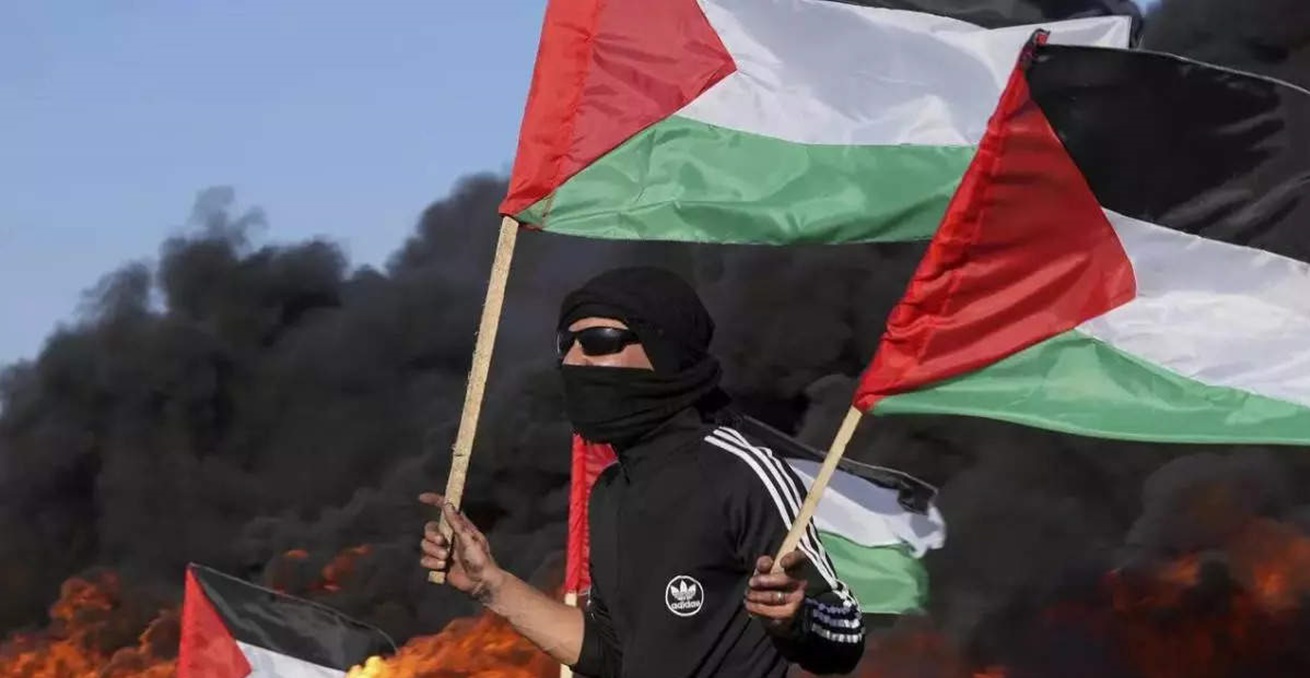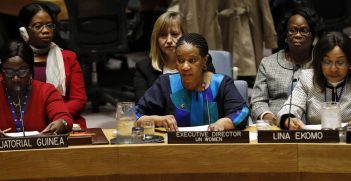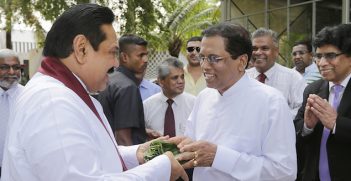Unraveling the Threads: The Palestine-Israel Conflict's Influence on South Asia

The protracted Palestine-Israel conflict has ignited widespread public protests in South Asia, revealing a growing anti-Semitic sentiment among certain segments of the population. This surge in anti-Semitism, coupled with covert radicalisation efforts, underscores the complex interplay of visible solidarity and hidden extremist influences, raising concerns about the potential for a militant resurgence in the region.
The latest surge in the Israel-Palestine conflict represents a continuation of a dispute spanning over seven decades. However, this time the intensity of the attacks has reached unprecedented levels, resulting in the tragic loss of thousands of Israeli lives. The Israeli government is citing this high casualty count as justification for invading Gaza and displacing Palestinians from their homeland entirely.
In the intricate tapestry of global geopolitics, few conflicts have resonated as deeply and for as long as the Palestine-Israel conflict. Stretching back decades, this conflict has become a nucleus from which the tendrils of terrorism have spread across the globe. Its implications are felt far beyond the borders of the Middle East, particularly in regions like South Asia, where economic crises, identity crises, and bad governance have created a fertile ground for extremist ideologies to take root.
The link between the Palestine-Israel conflict and the rise of terrorism is not a simple causation but a complex interplay of historical grievances, ideological manipulation, and socio-economic vulnerabilities. In South Asia, a region grappling with multifaceted challenges, the allure of militancy finds fertile ground. Economic instability in Pakistan, Bangladesh, and Sri Lanka, a crisis of identity due to bad governance, and fragile governance structures provide the perfect breeding ground for extremist ideologies.
The crisis in Palestine serves as a potent catalyst, drawing disillusioned South Asian youths towards militancy. Extremist organisations, exploiting the power of social media and online networks, exhort young Muslims to join the Palestinian cause, framing it as a noble struggle against oppression. For these impressionable minds, the conflict becomes a symbol of resistance, a cause worth fighting for, even if it means resorting to violence.
That said, the rise of organisations like ISIS (Islamic State of Iraq and Syria) and Al-Qaeda has been intricately linked with the narrative of an Islamic state. While ISIS lost its initial rationale due to the death of its leaders and the collapse of its physical caliphate, Al-Qaeda has managed to endure. Al-Qaeda’s resilience lies in its ability to keep the dream of an Islamic state alive, promising a utopian vision to those disillusioned with their current circumstances.
Central to Al-Qaeda’s narrative is the concept of Gazwatul Hind, an ideology that envisions a South Asian end-time scenario. By weaving this ideology into the broader narrative of the Palestine-Israel conflict, Al-Qaeda finds resonance among South Asian Muslims who identify with the struggle in Palestine and are galvanized by the prospect of establishing an Islamic state in their own region.
The historical timeline of global terrorism reveals distinct waves, each fuelled by different geopolitical events. The first wave of Muslim militants found inspiration in the Palestinian cause. Witnessing the struggle of their fellow Muslims, they embraced militancy as a means of fighting perceived injustices. The second wave was galvanized by the Afghan Soviet war, where the involvement of global powers further radicalised individuals and gave birth to a new generation of militants.
The third wave emerged from the chaos of the Iraq and Syria wars. The power vacuum created by these conflicts allowed extremist ideologies to flourish, attracting fighters from various corners of the globe. Now, as the Palestine-Israel conflict persists, my academic analysis suggests that it threatens to trigger a fourth wave of militancy. The prolonged nature of this conflict fosters resentment, disillusionment, and a deep-seated anger that extremist organisations are so quick to exploit.
The massive public reactions in South Asia against the occupation and casualties in Palestine indeed highlight a concerning trend – the rapid growth of anti-Semitism in the region. These reactions not only reflect a deep-seated resentment against the occupation but also signify the rise of anti-Semitic sentiments among certain segments of the population. This growing anti-Semitism can be a catalyst, leading to militant reactions, especially among radicalised youths.
The situation becomes even more complex when considering the Muslim victimisation narrative propagated by extremists. On one side, there are public protests and expressions of solidarity on the streets, driven by genuine concern for the plight of the Palestinian people. On the other side, there is a covert radicalisation of youths, often fuelled by extremist ideologies and propaganda. These two facets represent the duality of the issue – the visible, overt public reactions and the hidden, clandestine radicalisation efforts.
The lessons learned from previous waves of militancy underscore the urgency of addressing the root causes: socio-economic disparities, political instability, and a lack of opportunities for the youth. Efforts to counter terrorism must extend beyond military strategies. Diplomatic initiatives aimed at resolving the Palestine-Israel conflict are not just about bringing peace to the Middle East; they are also pivotal in curbing the global rise of extremism. Furthermore, investments in education, economic development, and social welfare can provide an alternative narrative, steering vulnerable youths away from the path of radicalisation.
Thus, the Palestine-Israel conflict stands as a grim reminder of the far-reaching consequences of unresolved geopolitical disputes. Its impact on regions like South Asia is profound, exacerbating existing crises and providing fertile ground for extremist ideologies to take hold. To truly combat the rise of terrorism, the international community must prioritise diplomatic solutions, invest in education and economic development, and address the root causes that fuel the cycle of radicalisation. Only through comprehensive and concerted efforts can we hope to break the cycle and pave the way for a more peaceful and stable world.
Shafi Md Mostofa (PhD) is a theologian and security studies scholar with broad interests in political Islam, authoritarianism, modern South Asian history and politics, and international relations and the clash of civilizations. He is an Associate Professor of World Religions and Culture at Dhaka University’s Faculty of Arts and an Adjunct Lecturer at the University of New England, Australia.
This article is published under a Creative Commons License and may be republished with attribution.





